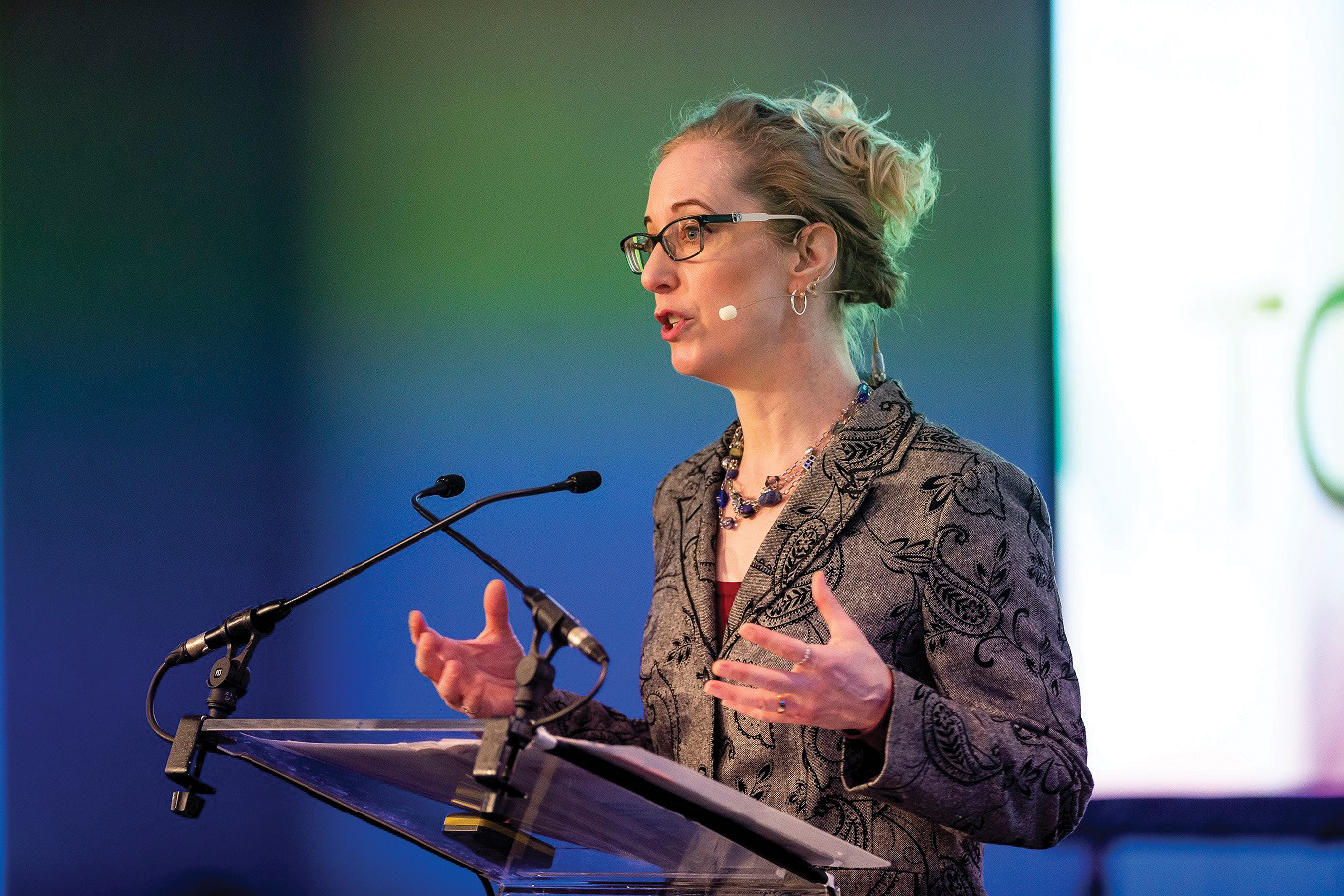Only 15% of stores that have applied for an exemption from Scotland’s deposit return scheme (DRS) have received approval.
Zero Waste Scotland (ZWS) confirmed to Better Retailing that as of 24 February, a total of 139 applications had been lodged, with only 22 approved, seven denied, and the rest in the process of being assessed.
The number of applications represents a step rise since the exemptions criteria was changed in November to allow more stores to opt out. Freedom of Information requests by Better Retailing show just 36 exemption applications were lodged in the year up to the change, compare to 103 since the criteria was widened.
The Fed’s national deputy vice president Mo Razzaq described the low number of approvals as “truly shocking”. He said: “It looks as though our members will now be forced to be a return point and pay huge costs to buy a machine or fit out their stores for a mass of empty bottles and cans at a time they can least afford it.”
The exemptions process opened in April 2020. At the time, retailers were eligible for an exemption only if they struck up a partnership with an alternative return point within close proximity, or if they could prove participating in the scheme would breach environmental-health requirements.
In November, the Scottish government announced a new return-point mapping and exemption support service to help retailers identify alternative return points, and removed the requirement to share commercially sensitive information. As well as this, the government announced it would take the size of a premises into account in determining the risk of breaching obligations relating to environmental health.
A spokesperson for ZWS added: “Retailers will play a pivotal role as there will be thousands of return points across Scotland, meaning wherever you live it will be just as easy to return an empty container as it was to buy the drink in the first place.
“As a return point there are some real benefits to retailers: increased footfall to their premises and positive environmental impact to the local community that they service. DRS expects to remove up to one third of the litter from our streets, that’s 44,000 fewer plastic bottles littered every day.
“The DRS regulations allow for retailers to apply for an exemption from operating a return point if they meet certain criteria. Either where another retailer has agreed to accept returns on their behalf, or where acting as a return point could put them at significant risk of breaching other legal obligations.”
In the same week, scheme administrator Circularity Scotland Limited (CSL) confirmed to Better Retailing that stores participating in DRS using a reverse vending machine (RVM) would be paid monthly based on collection volumes.
The clarification came after it was revealed differing claims on its website, with some pages stating it would take seven-days and others monthly.
CSL went on to state that those operating as a manual return point would receive payment in seven days. A spokesperson said: “Slightly longer terms are now in place for locations with automatic return points and we announced an increase in return handling fees on 30th January, 2023. As the scheme beds in we will continue to review costs and payment terms to ensure we operate as leanly as possible and minimise the impact of DRS on our stakeholders. We have also circulated the advice received from other countries’ DRS implementation to retailers in Scotland. We would advise that if you are in any doubt about the viability of operating an RVM you should start with a manual collection process and assess actual return volumes after go-live.”



Comments
This article doesn't have any comments yet, be the first!